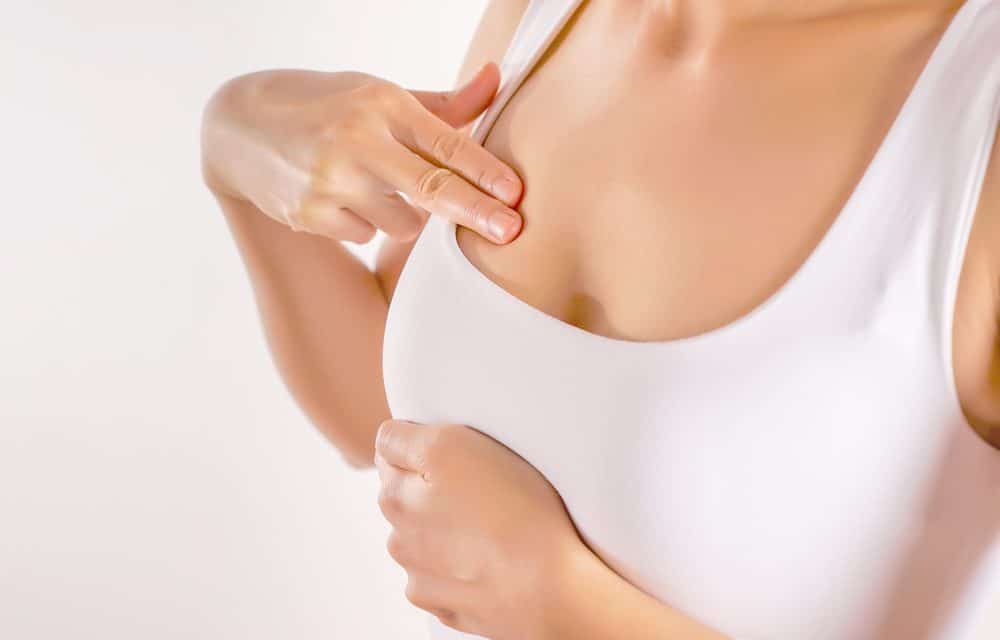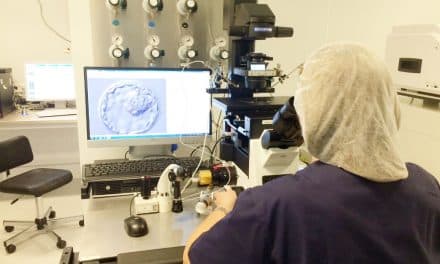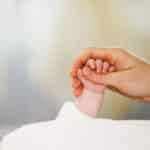Even if it’s one of the most feminine part of our body, the breast is one of the most unknown. That’s why Dr Carmen Ara, coordinator of the Gynaecological Oncology and Mastology department of Dexeus Mujer, clarifies us some doubts and offers us some advices to take care not only of its aspect, but also of its health, which is what really matters.
1- At which age shall we start to perform a mammogram on a regular basis?
Beginning at age 40, as long as no high hereditary cancer risk exists. If there is a family history, you must attend a specialised consultation on genetic counselling in order to decide what is more convenient.
2- Should I be worried about cysts and fibroadenomas?
No, you shouldn’t. Cysts and fibroadenomas are benign nodules which don’t involve any risk. They are only be treated in case pain appears or when they grow excessively.
3- Breast self-examination, at which age should we start with it?
There’s no established age but beginning at age 35 would be reasonable. You should perform it once a month, two or three days after your cycle begins.
4- What does it mean to have “dense” or “fibroglandular” breasts?
“Dense breasts” is a radiological term which means that breasts have high fibre and gland component and reduced fat, which makes the mammographic diagnosis more difficult. In these cases, you must perform a supplementary ultrasound.
5- Which are the differences between a breast cyst and a malignant tumour?
They are very different! Cysts have liquid content, they are well defined and often painful. A malignant tumour is solid, hard, with irregular edges and painless.
Remember, should you notice any breast anomaly, consult your gynaecologist.














